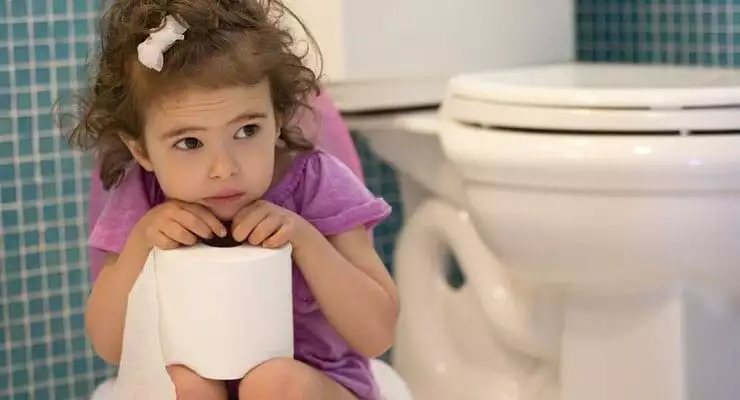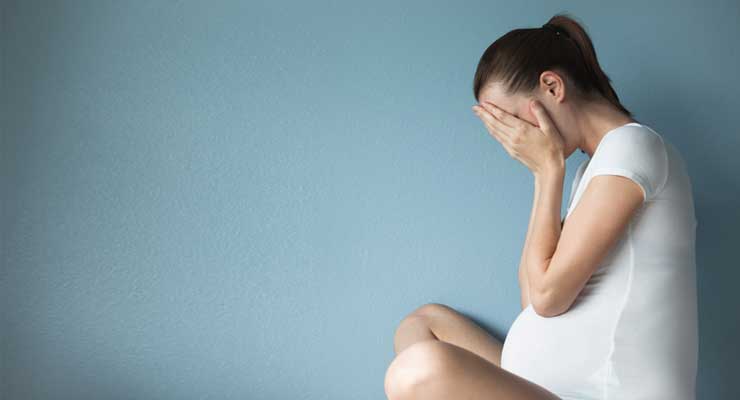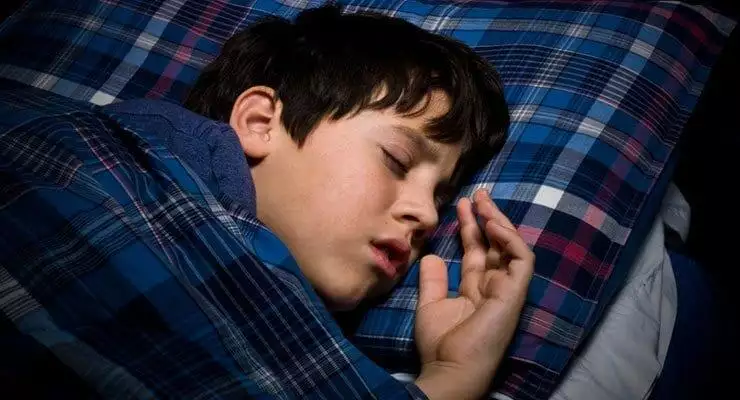Search Results for: Measures
Pregnancy & Signs of Gestational Diabetes
Gestational diabetes mellitus (GDM) is a condition that affects between three and eight women out of every 100 pregnant women, according to the National Institutes of Health (NIH). The condition occurs when your blood glucose (sugar) levels are higher than they should be. The American Diabetes Association (ADA) reports the condition typically sets in around week 28 in the gestation period. In most cases, gestational diabetes is a temporary condition that corrects itself after delivery.
Cures for Toddler Diarrhea
The appearance of toddler stools change in consistency due to diet and overall health. Loose stools don’t always constitute toddler diarrhea, which is also known as chronic nonspecific diarrhea. Childhood diarrhea is watery and usually causes your toddler to have bowel movements more frequently than normal. Diarrhea is often treated at home, but some cases of toddler diarrhea warrant a trip to the doctor.
Anxiety Attacks During Pregnancy
Pregnancy can be a wonderful time in your life, but it can be a frightening and nerve-wracking experience for some women. For some women, it can even cause anxiety attacks. If you’re one of them, don’t worry — pregnancy anxiety is totally normal, and doesn’t mean you’re going to be a terrible mother or that you don’t want your baby. It does mean that you need to discover what’s causing your anxiety and learn how to deal with it.
How to Stop Child Bed-Wetting
It’s a frustrating experience for everyone when a child wets the bed, but don’t blame or become angry with your child. He isn’t doing it on purpose. In fact, chances are he inherited this condition from you or from a close relative. Children who wet the bed tend to be deep sleepers who don’t feel their bladders being full, so they don’t get up to urinate, wetting the bed instead. For most kids, bed-wetting stops by itself, but you can take some measures to help.
Rotimatic – The “Smart Machine”
For any foodie/techie, this machine is for you. If you are a carb lover, then it's really for you. If you love home cooked food but don't want to take the time to actually cook, then this is definitely for you. So what is a Rotimatic? Well, it is a fully automated wi-fi-connected machine that…





